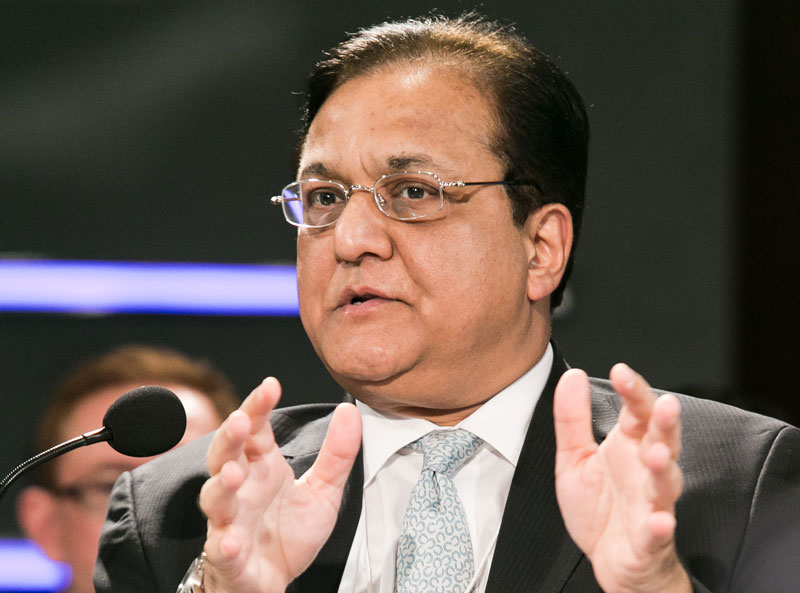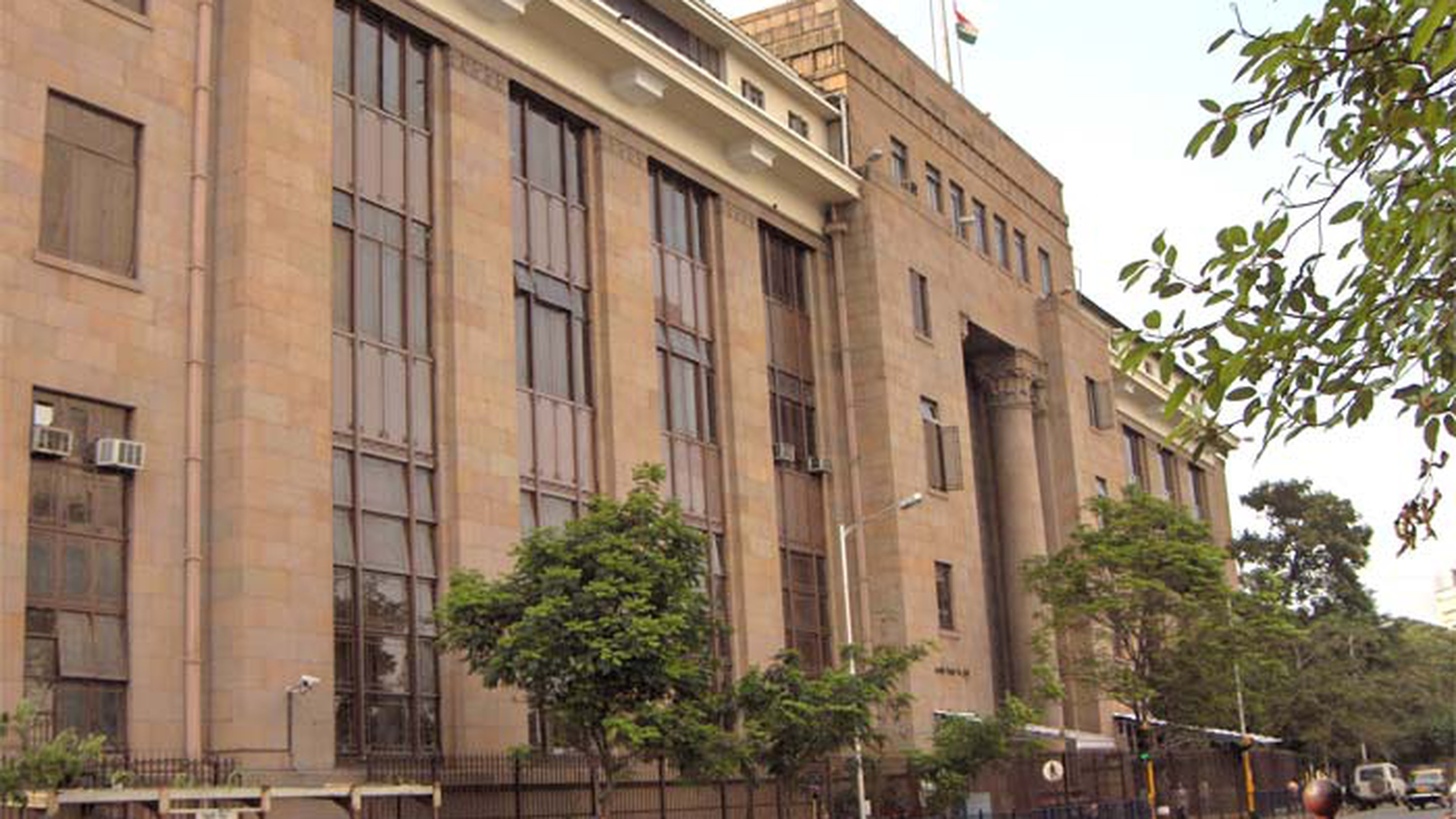We don’t like criminals. But we vote for them. The proportion of those with criminal records among our lawmakers is startlingly high. Ever listened to politicians? You never find one among them economical in denouncing criminals. But wait for election times to come. All parties welcome those with criminal antecedents as candidates. Also, each candidate banks on criminals and fraudsters for campaigning and finances. Surely, there is a logic to this?
The intuition that criminals are not altogether despicable and that they are socially relevant has indwelt in our species. So we have characters like Robinhood in folklore, and Macbeth and Raskolnikov in literature. Veerappan enjoyed much support among local people and patronage from those in power. Remember the charisma we sensed in Phoolan Devi?
So this much is clear: whether we admire criminals or denounce them depends on the angle from which we regard them. To illustrate: the Spartans took a cheerful view of thieving. Their logic? They believed that thieving enhanced a man’s dexterity and made him a better fighter. They also believed that thieves had an ethical effect on society. Thefts served as a chronic reminder of the instability of earthly wealth. Seen thus, the thief performs a moral function.
Perhaps it is in this respect that we need to view those who rob us via banks. Big and small businessmen remind us ever and anon that all earthly treasures are fleeting and perishable. The swelling, mountainous non-performing assets are, hence, a moral allegory.You entrust your hard-earned money to banks. Banks get phone calls from those who matter. Bank officials, “deferential, glad to be of use” (as T.S. Eliot said), oblige privileged clients readily. Some banks go bust. Panic spreads. Anxious people queue up in front of banks to get back their meagre savings.
Those who rob our banks are handled with kid gloves by the government. It is an insult to suggest that governments are helpless in respect to these sharpers. It is a greater insult to insinuate that governments are ignorant of the holes being blown in the heart of the banking system. Governments are omniscient and omnipotent. Might is the essence of the State. Information is its neural network. Effectiveness is its USP. What matters is that the State has a moral character, which it cannot preach directly like morality-mongers. It has to, as Shakespeare’s Polonius says, “by indirections find directions out”. If citizens start hoarding wealth in banks, they corrupt themselves. They put all their faith in worldly treasures. This is not good for them; for it undermines faith in life.
Generally, we are poor in practising charity and philanthropy. We give to temples, churches, mosques. But that is as a sort of investment, assuming that what we thus give will come back to us multiplied. Aside of this, we spare and save the last rupee. We put all of that into banks. We deny ourselves the joy of sharing and caring. We assume that what is ours, entrusted to banks, will stay ours. Criminals in the banking network remind us of the fallacy of this assumption. Ownership is a myth, an illusion. Today the money is yours, tomorrow it will be somebody else’s. Money must be in circulation. Circulation, not hoarding, is the life-principle. Try and say that to anyone. You will incur derision.
Theft is a relative category. If I pay education cess, and it is not used for promoting education, I am de facto robbed. But I don’t feel robbed. That is because it happens within a framework bereft of expectations. Also, unlike a case of direct thieving, the hands that perpetrate the process are numerous and invisible. It is like a coin falling into the deep sea. As regards the cess, it doesn’t strike me as an outrage. I feel good that I could contribute to a cause. Someday, somehow, these seemingly lost coins will rise from the bottom of the sea and turn into educational assets. Democracy is, after all, a leap of faith.












